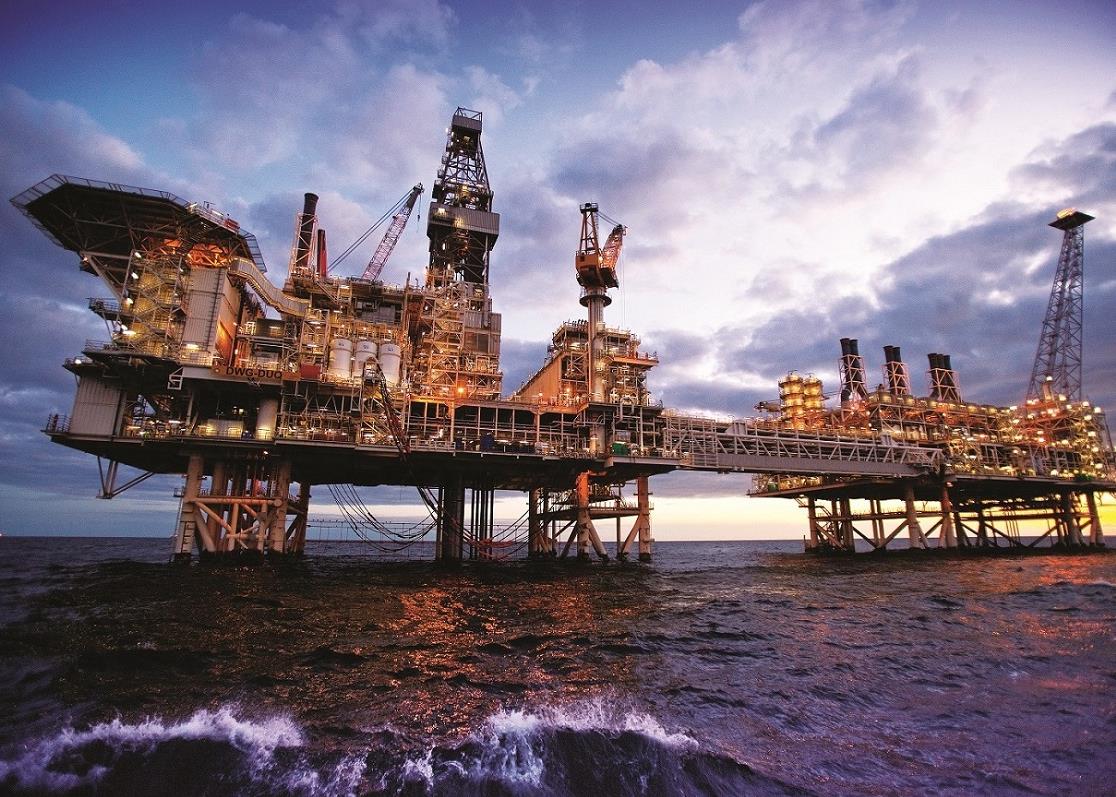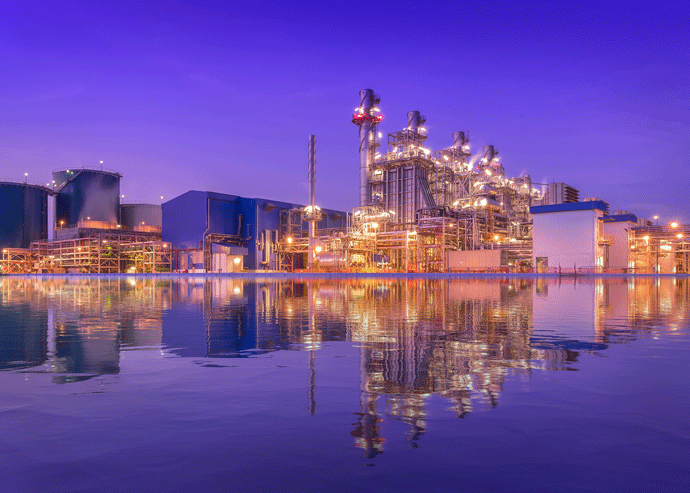
Compared with the dark days of 2005, when Syria’s international reputation stood in tatters in the wake of the assassination of Lebanon’s former prime minister, Rafiq Hariri, Damascus now cuts a more confident public profile.
Israel’s failure to dislodge Hezbollah in 2006 has consolidated Syrian influence in Lebanon, while President Bashar al-Assad has benefited from a thawing in relations with the West, notably France.
Damascus has also gained credit from the role it played in the Doha agreement that forged the new national unity government in Beirut. What it does with that stock of goodwill is critical.
Al-Assad still has much to do to shore up domestic stability. Senior political figures have been assassinated on Syria’s streets, puncturing the regime’s sense of impregnability, and the jihadist threat still bubbles close to the surface. With oil export receipts steadily ebbing away, economic reform is also a priority.
Despite some advances in improving the investment climate, the overall pace of change is still too slow, and the Baathist leadership has yet to evolve a coherent strategy to revitalise the country’s political institutions.
Syria may now be able to count on more international friends, but at home Damascus still has much to do.
Index of all stories:
You might also like...

Adnoc Offshore awards Upper Zakum contract
17 April 2024

Oman awards Batinah coastal road contract
17 April 2024

Oman appoints Al Khuwair Downtown project manager
17 April 2024
A MEED Subscription...
Subscribe or upgrade your current MEED.com package to support your strategic planning with the MENA region’s best source of business information. Proceed to our online shop below to find out more about the features in each package.









